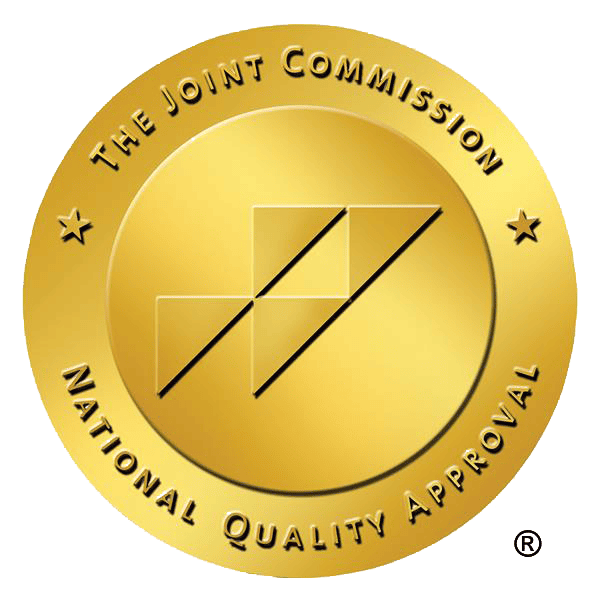One in ten individuals—more than 23 million American adults—report being in recovery from alcoholism or substance use disorders. Recovery is a very positive, hopeful process, but the early phases can sometimes feel overwhelming for both the individual and their families. Oftentimes, we believe that we want our loved one to return to how they were before their addiction; however, what we find out is that they are becoming a better version of themselves than we ever thought possible, even inspiring our own inner healing and growth.
At The Prairie Recovery Center, we believe the family system is paramount in the recovery process. Through in-depth involvement like family weekends, family therapy and family support groups, we work to help educate and offer a safe space to heal for everyone involved; addiction truly does affect the whole family.
If you’re struggling to understand the process of recovery and how to best support your loved one, here are a few things to keep in mind.
"When families seek education about what addiction is and isn’t, they can find unforeseen relief and empowerment in the ways to best show up alongside their loved one in recovery."
- Knowledge is Power
Many of us begin this process with little knowledge about addiction and recovery. The stigma and myths surrounding the topic can sometimes stand in the way of being a supportive presence, as well as realizing the many unforeseen gifts and opportunities recovery can provide. In order to identify our misconceptions and prejudices, remove the shame, guilt, fear and overwhelm we often feel and learn to appropriately support our loved ones, it’s important to seek out knowledge about addiction that is research-based. When families seek education about what addiction is and isn’t, they can find unforeseen relief and empowerment in the ways to best show up alongside their loved one in recovery. - Enlist Professional Help
As family members, we often feel it’s our job to “fix things,” creating an urgency and fear born from love and care. Instead, we can learn the value of calm and remember that we don’t have to do this alone. Take a moment to breathe, and keep in mind that you cannot be both the coach and the quarterback in your loved ones recovery. Enlist the help of an objective, qualified professional to help everyone work through their fears and better understand their roles in this process.
"Identifying how the family system has been affected and shifting the focus to healing ourselves is vital."
- Healing for All Involved
With addiction, it’s important to recognize that there is a parallel impact for family members. Identifying how the family system has been affected and shifting the focus to healing ourselves is vital. Regardless of what’s going on with our loved one, as a family we must once again learn to talk about what’s happening, learn to trust ourselves, our loved one and the healing process, and learn to re-experience our emotions after months or years of trauma, mistrust and the flight-freeze response of “don’t talk, don’t trust, don’t feel.” Trust the process as defenses soften, fear-based thoughts and actions shift, and we begin to feel safe once again.
"...it is an opportunity to come together with a closeness and connection that is oftentimes more powerful than before the onset of addiction."
Although there will always be aspects of this process that family members are powerless over, gaining knowledge, support and healing can lead us to become empowered in those areas where we do have an impact. Keep in mind that there is tremendous hope in the recovery process. If families are inspired to grow, learn and heal as a unit, it is an opportunity to come together with a closeness and connection that is oftentimes more powerful than before the onset of addiction.
To learn more about The Prairie Recovery Center, part of the Ethos Behavioral Health Group family, reach out to our care team confidentially here. We’d love to chat about family involvement, and how we can help your loved one find freedom from substance use.






